Helping all learners achieve their potential
We are an award-winning provider of specialist online qualifications and training for education professionals, founded and led by educational psychologists.
We deliver market-leading courses in SEND, educational assessment, mental health and inclusive leadership, designed to deliver maximum impact in schools and colleges.
Our learning pathways offer delegates flexible ways to study apprenticeships and modular postgraduate courses awarded and quality assured through Middlesex University. We also offer professional qualifications that are quality assured by organisations including the Department for Education (DfE), (British Dyslexia Association (BDA), British Psychological Society (BPS), and the SpLD Assessment Standards Committee (SASC).
Our courses are online by design and delivered through our innovative online learning platform, Campus Online.

104
SEND specialist teachers and Educational Psychologists tutoring on our courses
100+
Countries reached through our proprietary online learning platform Campus Online
93%
Of delegates rated our courses as ‘very good’ or ‘good’ in 2023
Our values

We are a friendly, successful and growing company that has been founded by psychologists who believe in the importance of a positive people culture.
Inclusivity – valuing and respecting others, recognising and celebrating the contribution of all
Integrity – acting fairly, honestly, compassionately & consistently
Positivity – taking a positive outlook to challenges and embracing change and opportunity
Curiosity – seeking to reflect, learn, ask questions and challenge unhelpful orthodoxies
Growth – seeking growth and positive change for individuals and organisations.
Sustainability – minimising environmental impact and taking positive conscious actions
Our people and expertise
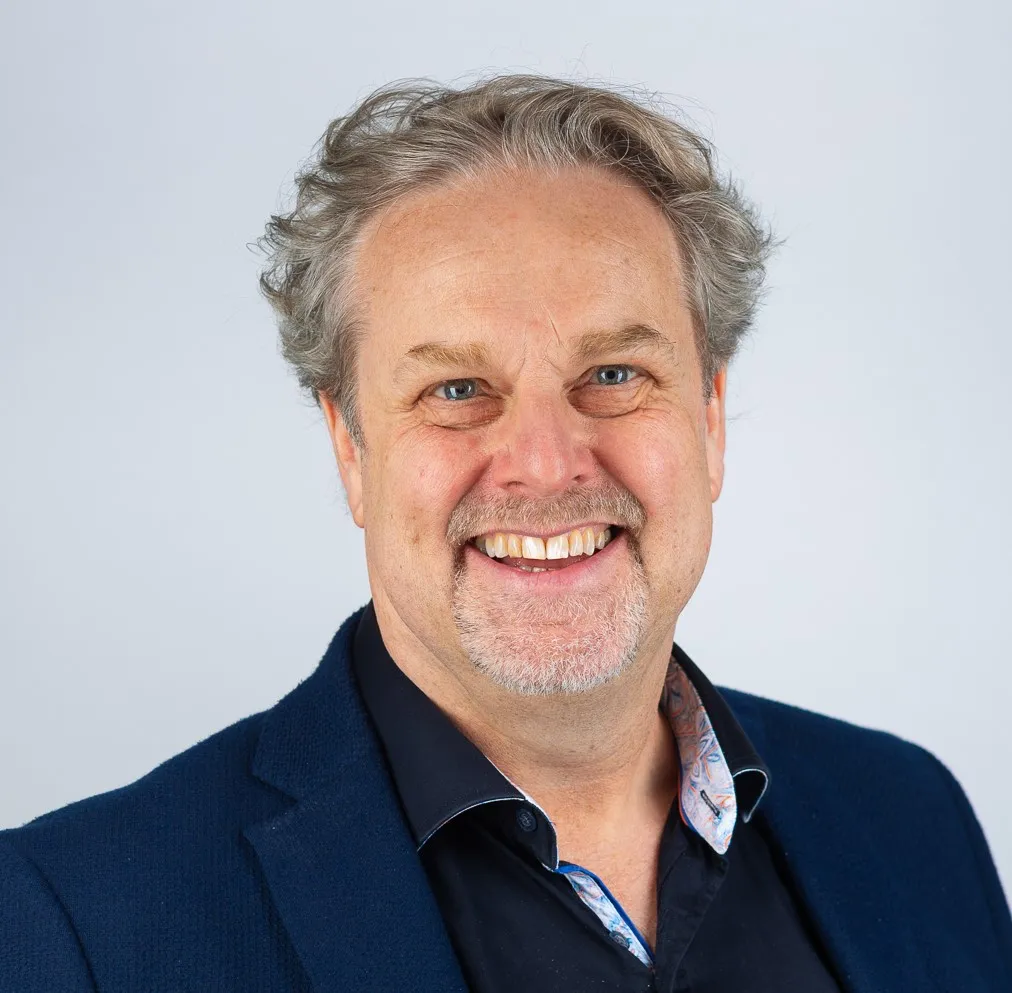
Co-Founder
Educational Psychologist
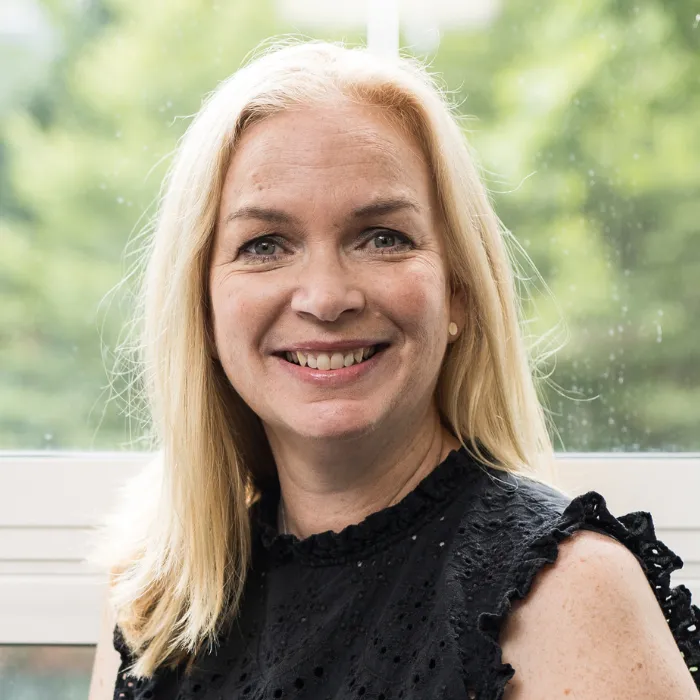
Director of Pedagogy & Learning
Educational Psychologist
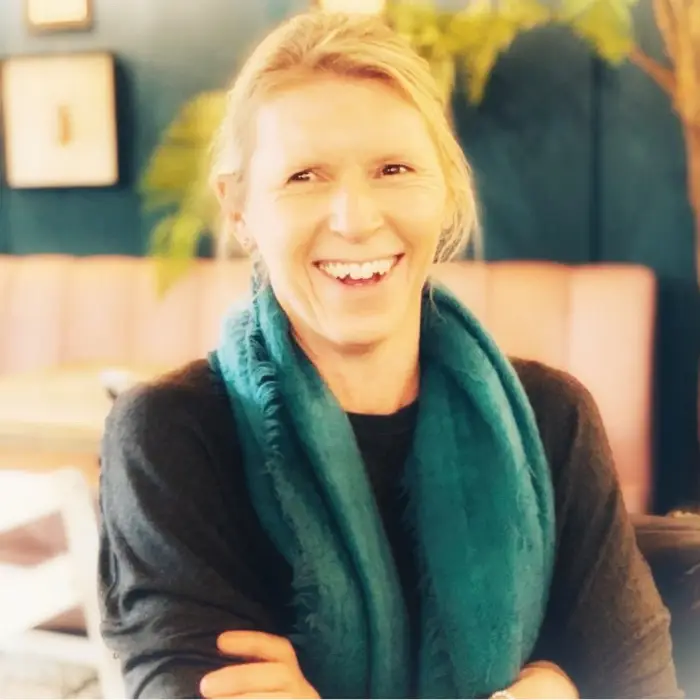
Finance Director
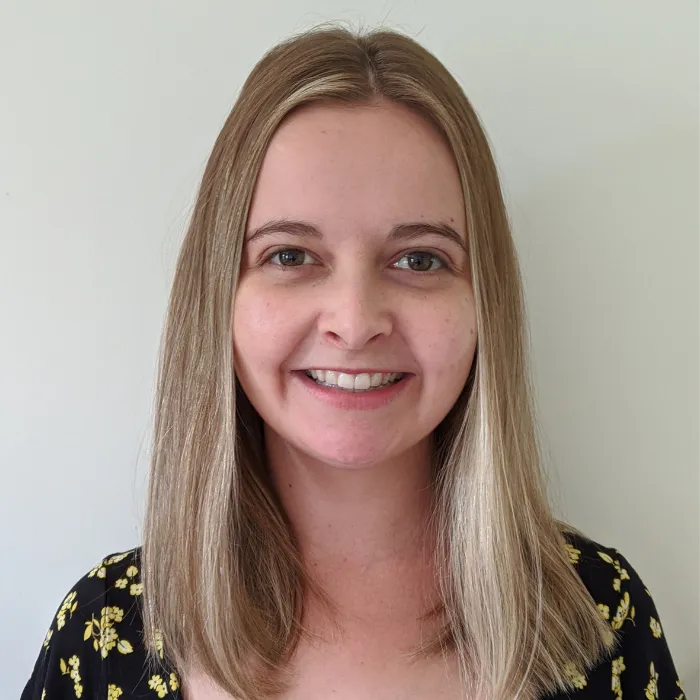
CCET and MEd Tutor,
Educational Psychologist
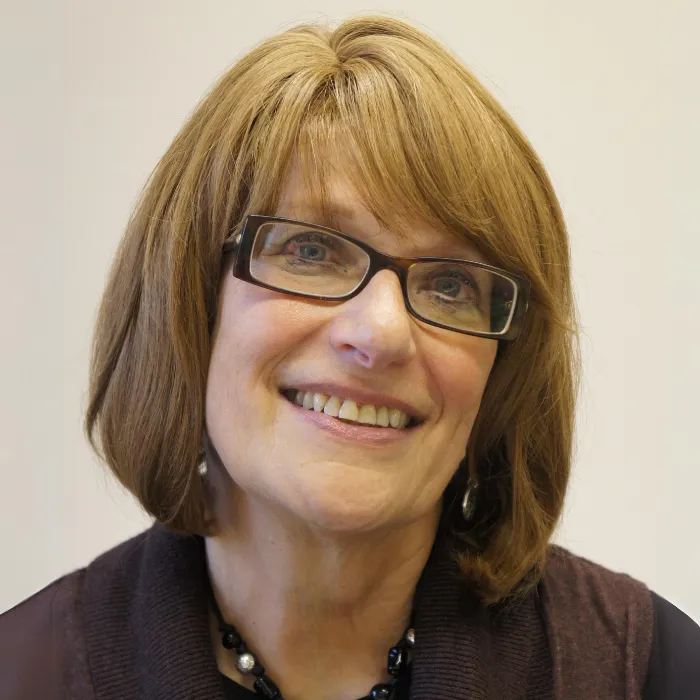
Module Leader – CAP course, Educational Psychologist
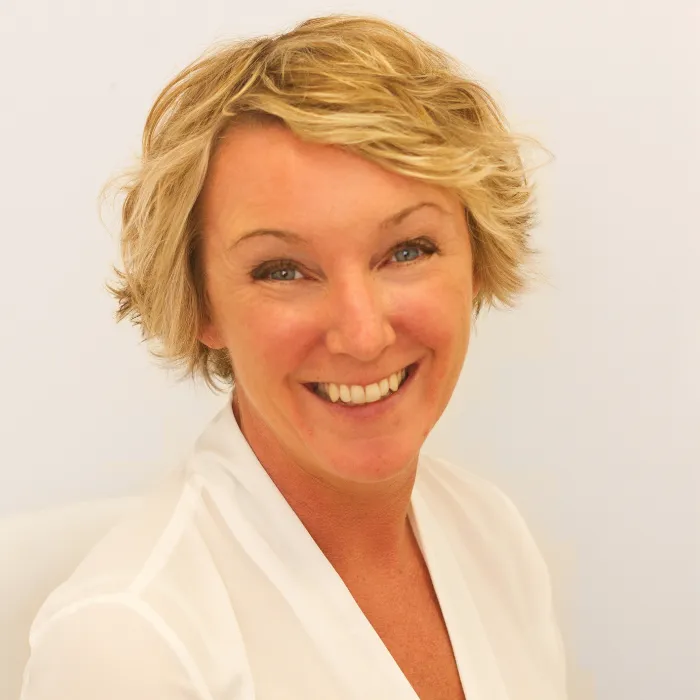
Programme Leader – Mental Health,
Educational Psychologist
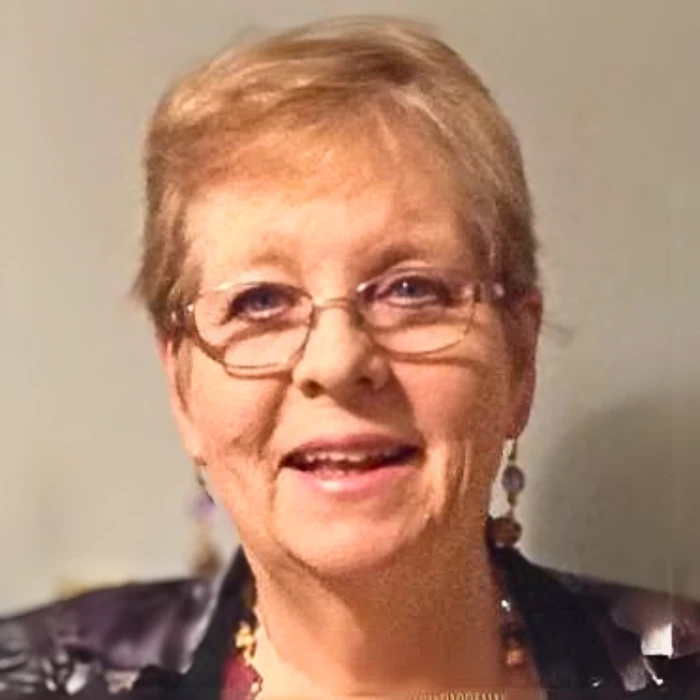
Deputy Programme Leader, MEd SEND and Inclusion,
Educational Psychologist
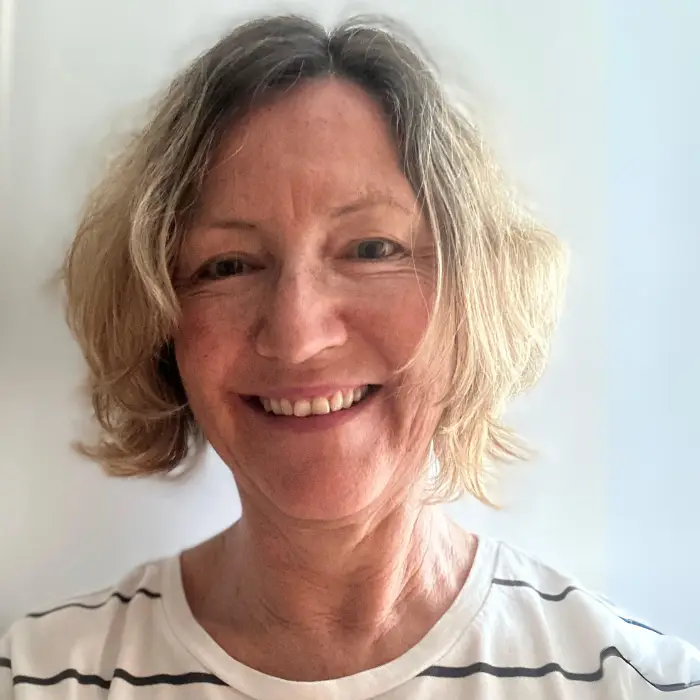
Module Leader,
Speech and Language Therapist
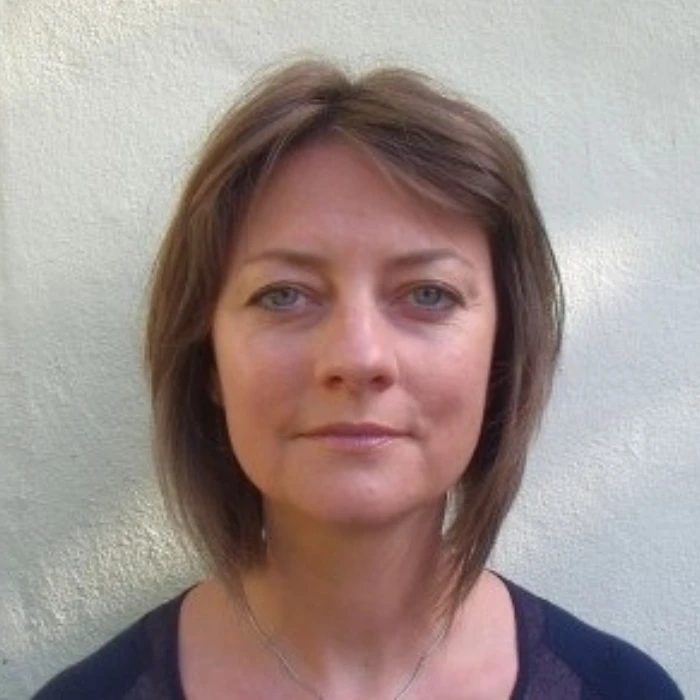
Module Leader – Dyslexia Leadership and Intervention, Educational Psychologist
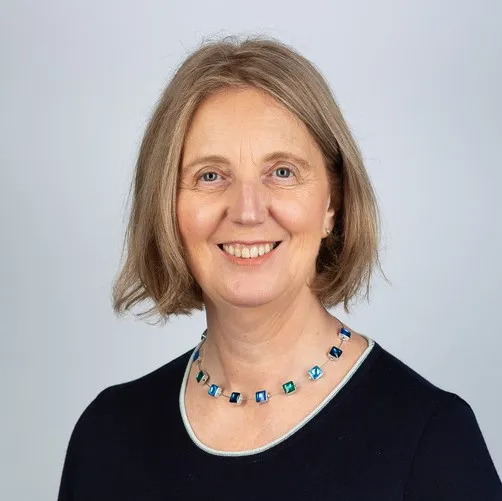
Co-Module Leader – Access Arrangements Coordination, Private DSA Assessor
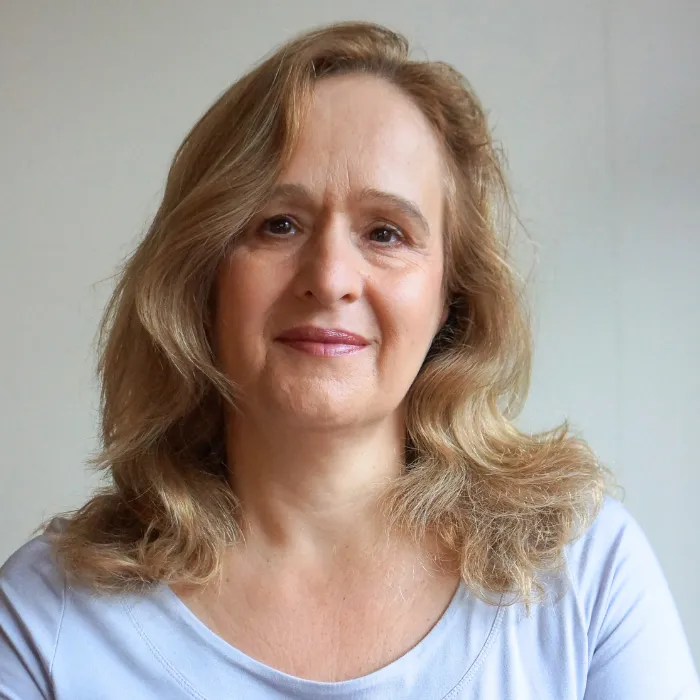
Module Leader – Autism courses, Educational Psychologist
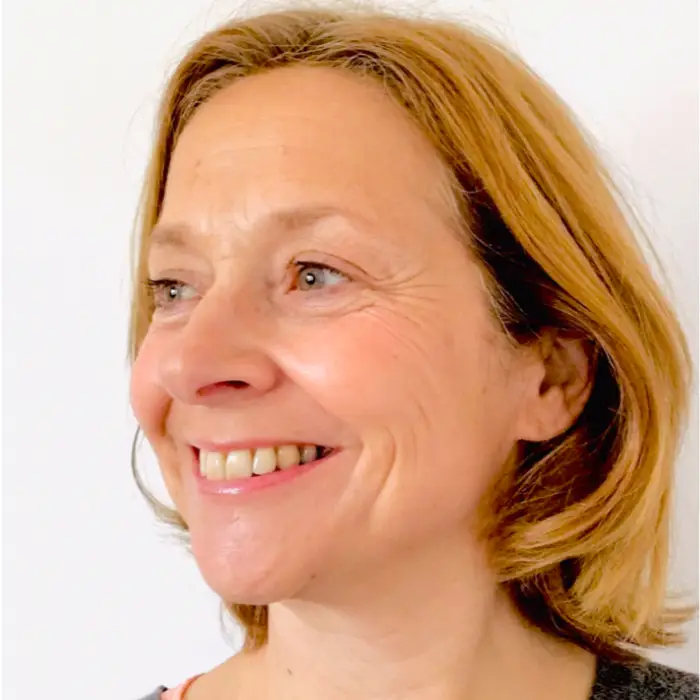
Deputy Module Leader – Lead Psychologist, Head of the Dyslexia Guild
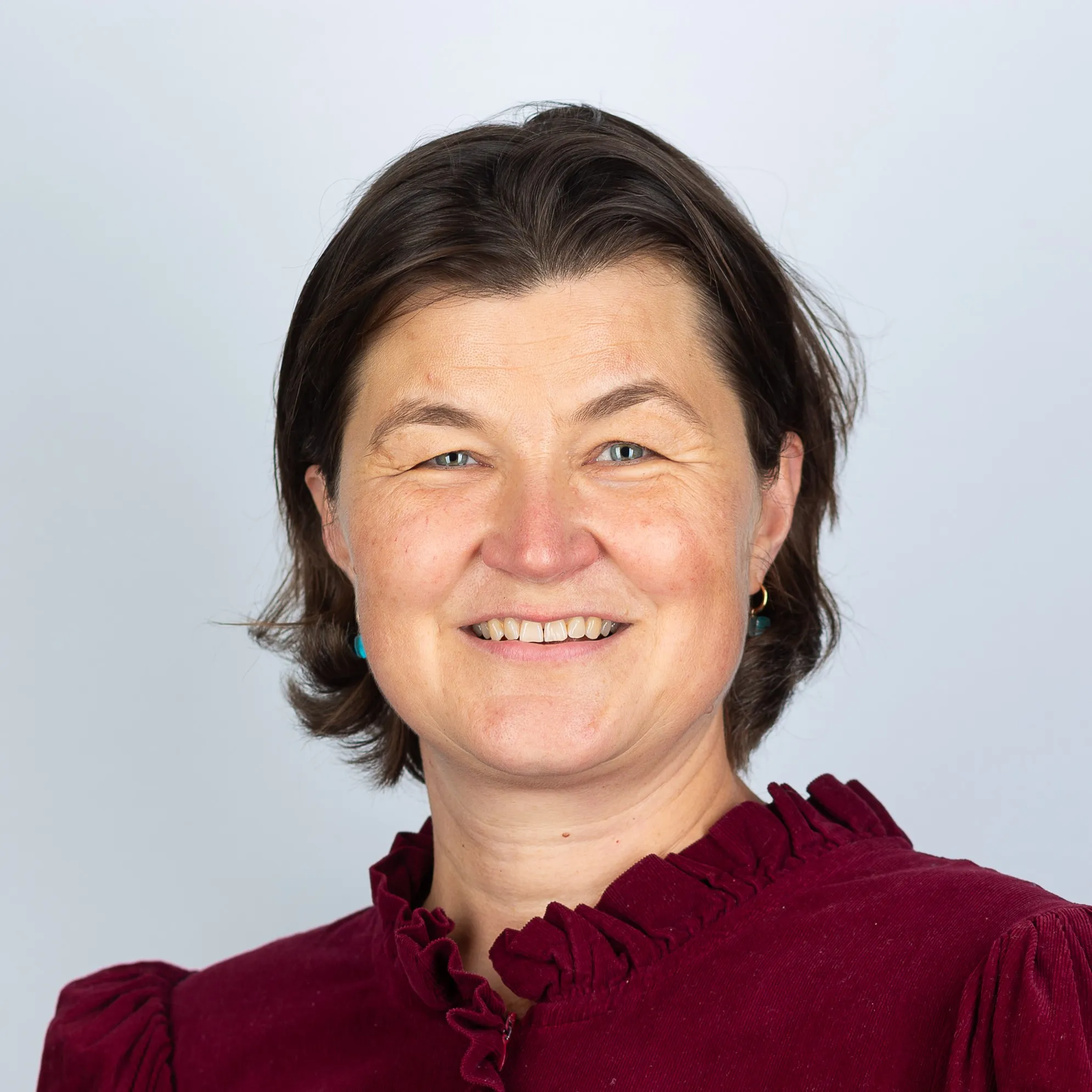
Module Leader – Senior Mental Health Leadership Advanced Award, Educational Psychologist
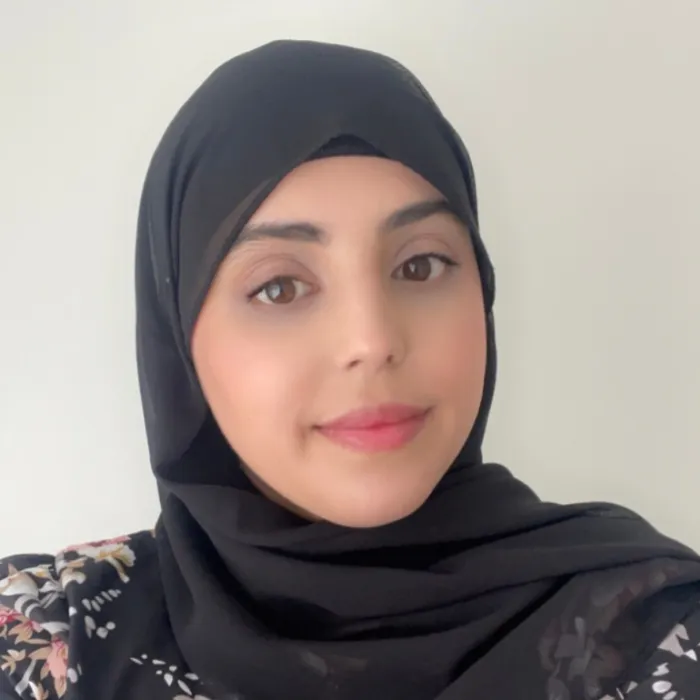
Module Leader – Cross Cultural Issues in SEND
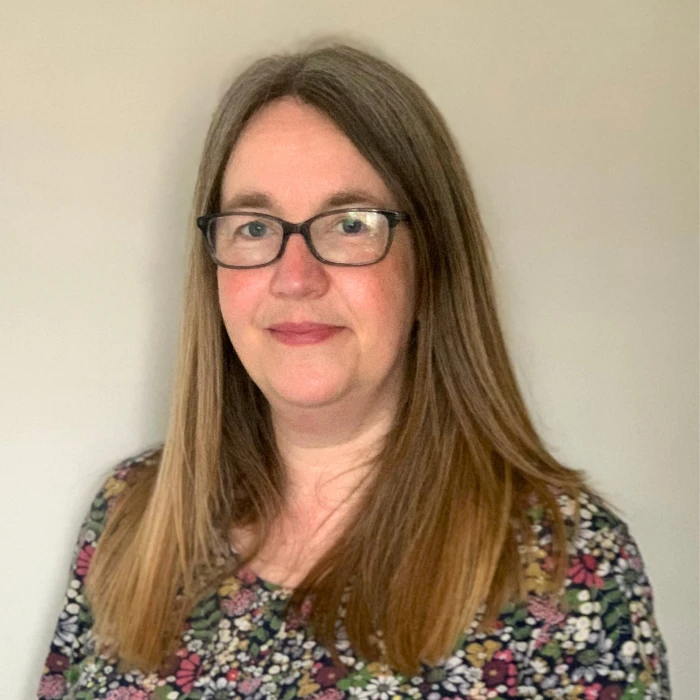
Module Leader – Maths Teaching
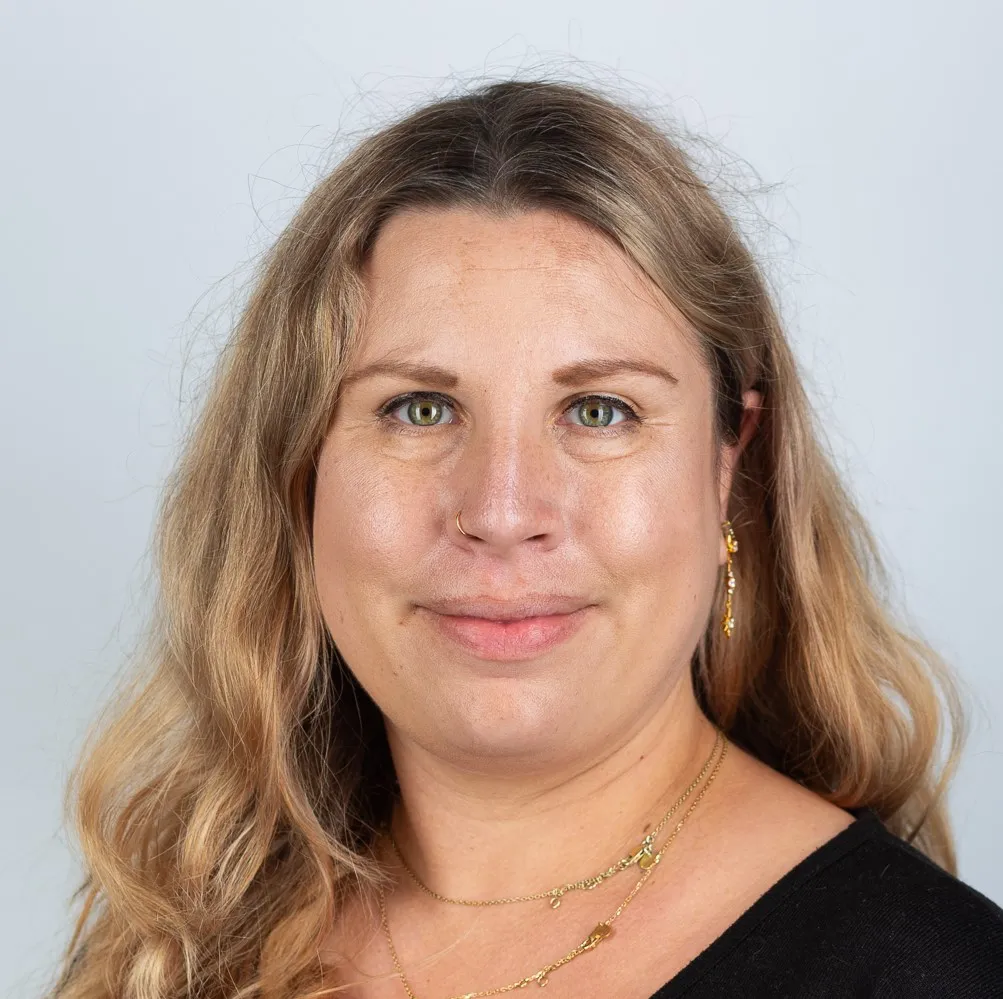
MEd Programme Lead and Academic and Professional Lead for Masters Programmes
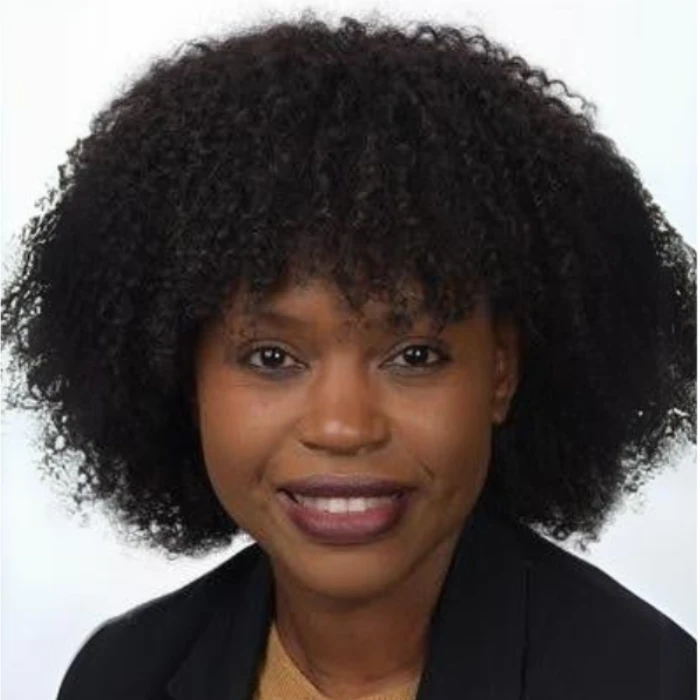
Module Leader – Auditing and Leading Improvement
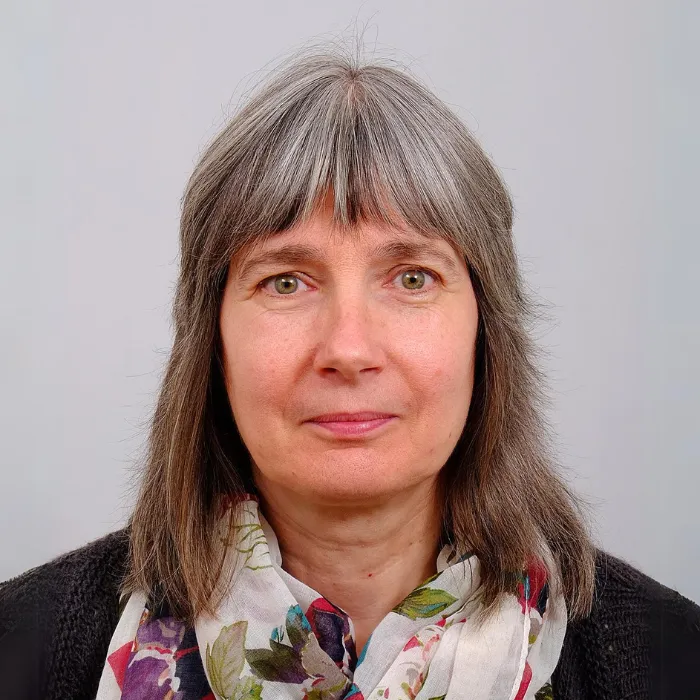
Programme Leader – Literacy Difficulties and Dyslexia
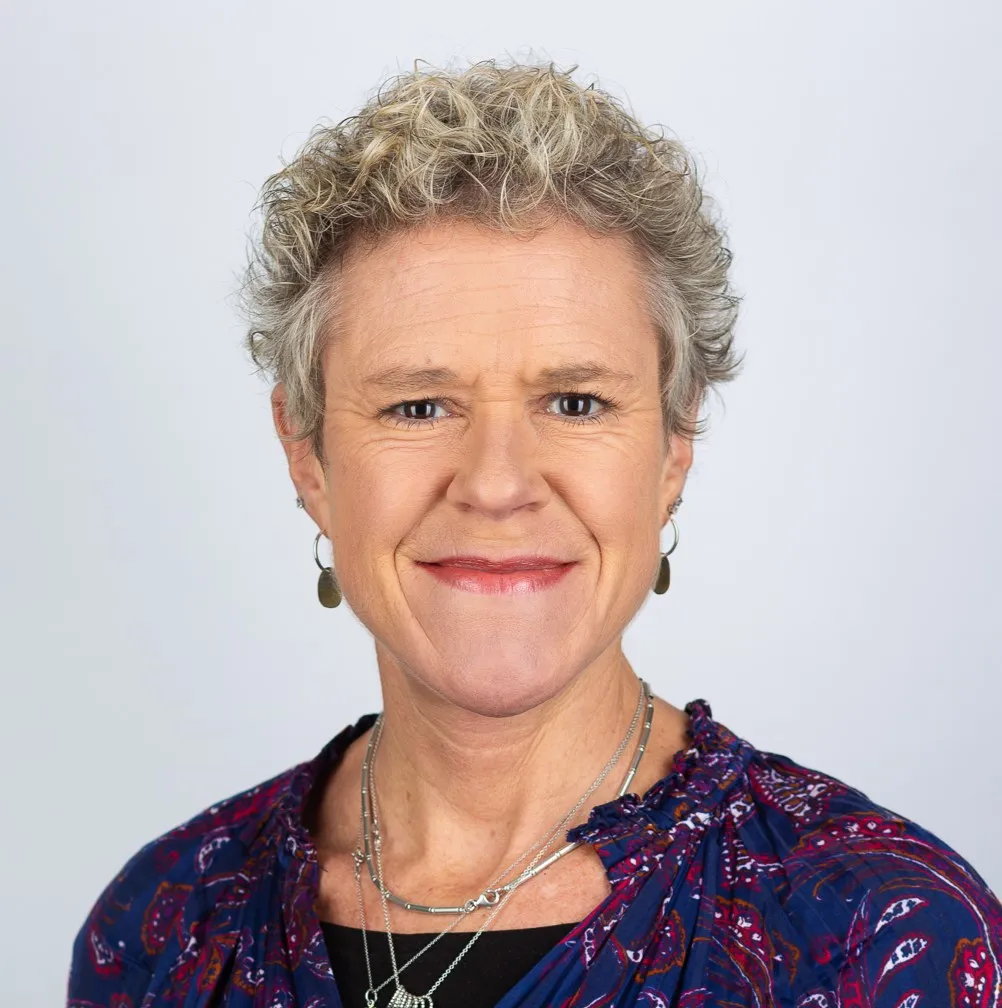
Educational Psychologist
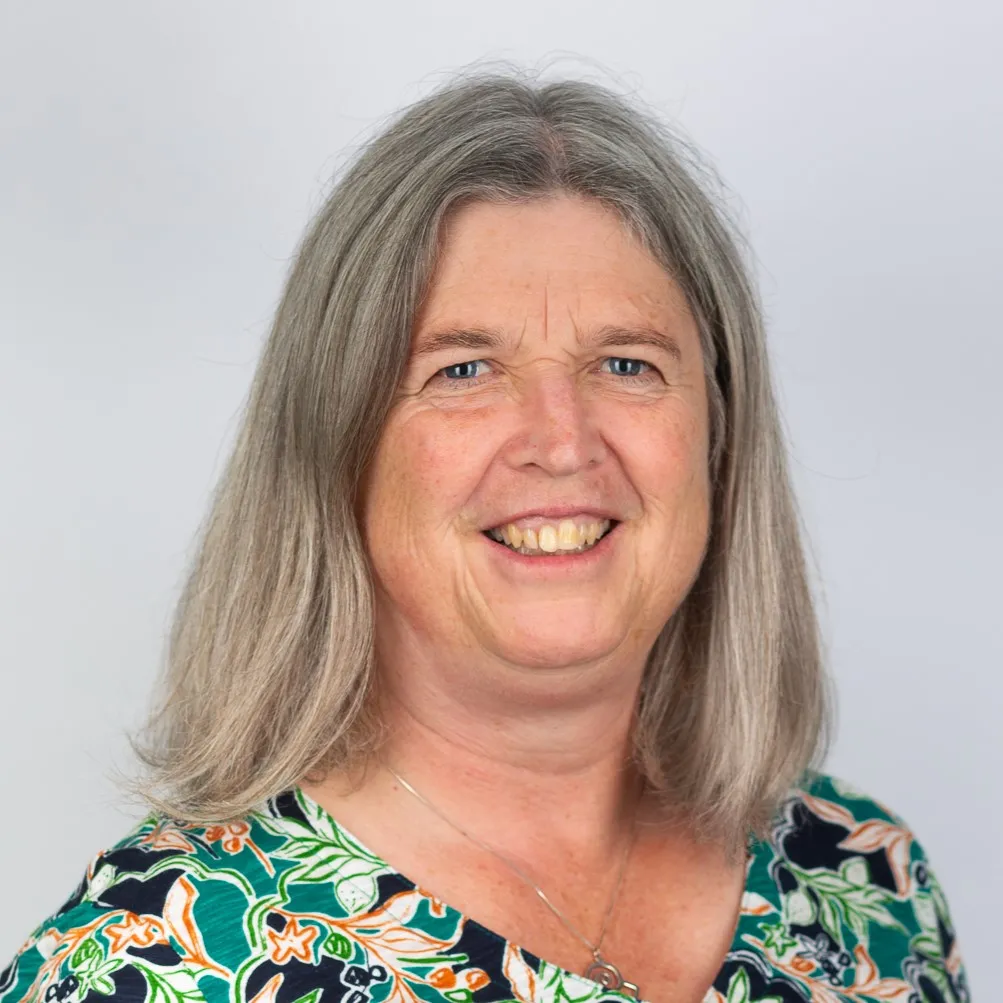
Module Leader – CCET,
Educational Psychologist
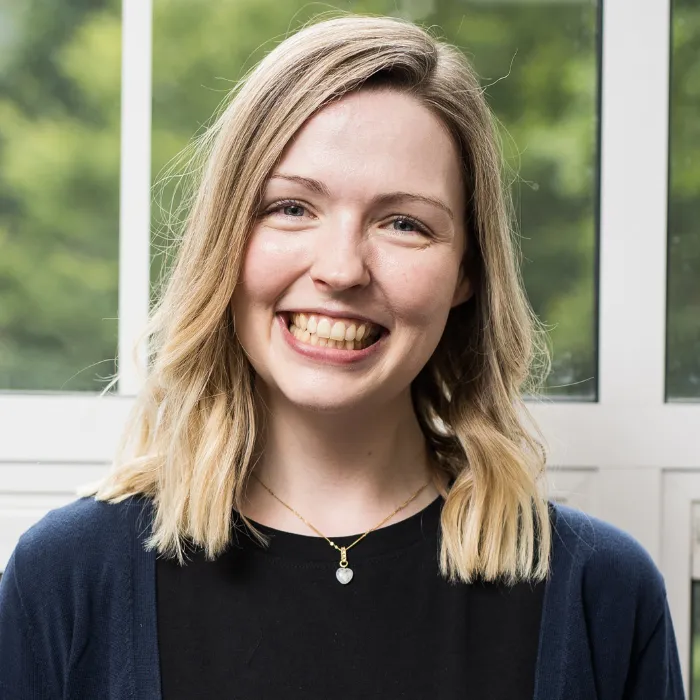
Module Leader and Professional Practice Manager: Dyslexia Assessment

Rebecca Gonyora
Director of Inclusion, Deputy SEND Leader East of England and North East London (WSS/ NASEN)
Why I decided to become a Real Training course leader and tutor
Module leader: Auditing and Leading Improvement
“What I like about Real Training is that it offers a carefully scaffolded “learner-led” approach that allows for learning adjustments to take place, supported by multimedia resources and research that’s easy to dip into. Let’s face it – self-paced learning is really helpful when you are balancing study with a demanding role.
The emphasis on a practice-led approach, including carrying out projects within each delegate’s setting and using data to drive change, really resonated with me. I feel like it’s the right way to bring about lasting impact. This was the case when I was studying for my NASENCO award with Real Training over fourteen years ago, and remains so now that I’ve been able to return as a tutor and module leader.”
About Real Group
Recognised as an industry-leader, Real Group provides highly respected professional development courses with a focus on SEND, as well as psychology services for schools. This is complemented by an online shop providing SEND resources and professional assessments.
As a company of over 60 professionals operating across 50 countries, we are united by a shared vision of improving the future potential for all children and young people, as well as promoting inclusive practices across education.
Bringing together our expertise in psychology, pedagogy and technology we strive to deliver best practice in SEND in a way that is practical, accessible and manageable for education professionals. Delegates graduate from our courses with the confidence and competency to enhance their leadership skills, and knowledge of assessment or teaching practice. In 2025 Real Group became 100% Employee Owned.
Real Group brands
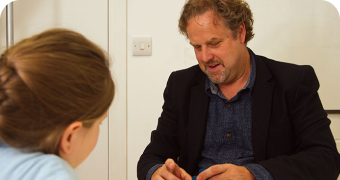

We’re the UK’s leading provider of training in educational testing and professional assessment. Our courses are taught by senior practising psychologists with real expertise. We deliver the best thinking, teaching and practice using the latest online learning technologies (Campus Online™).


Our experienced educational psychologists (EPs) deliver innovative and accessible educational psychology services across the UK and the globe. Our principal and senior EPs work with parents, schools and organisations to help each child fulfil their potential.
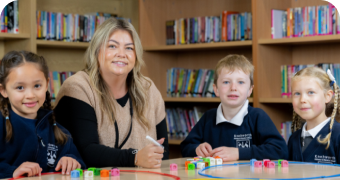

We are an innovative, Ofsted ‘Outstanding’ apprenticeship training provider, creating opportunities and raising aspirations through apprenticeship pathways, in order for everyone to learn, train and upskill in education, PE, health, and wellbeing.


Our innovative online courses strengthen the expertise and confidence of education professionals who support students with literacy difficulties, dyslexia and other specific learning difficulties (SpLDs).


As an open membership group, we welcome all professionals with an interest in dyslexia/SpLD. We offer discussion, information and best practice in the field and an array of member resources. We are also a SASC-approved assessment practising certification body.


Established in November 1995, we offer a range of carefully selected products that provide educators and the public with the best resources to improve outcomes. Our team is based in Real Group’s Canterbury office.




